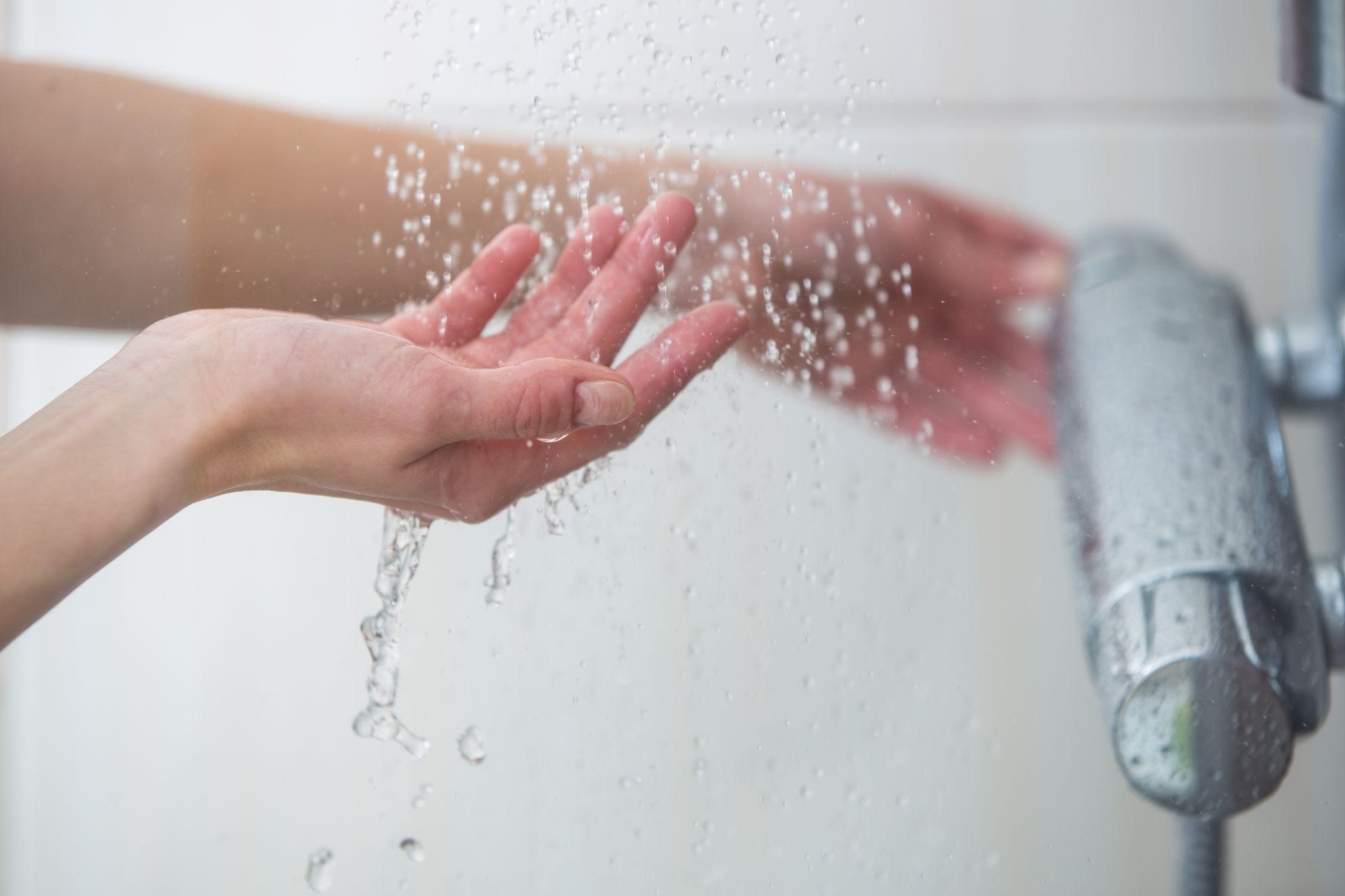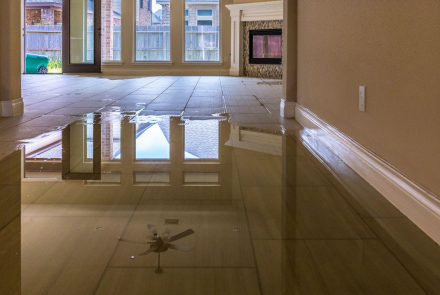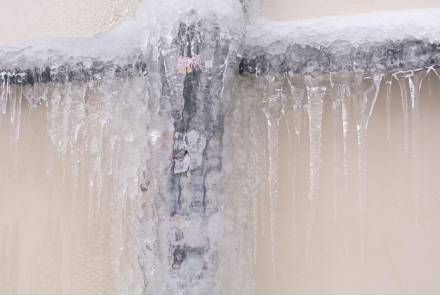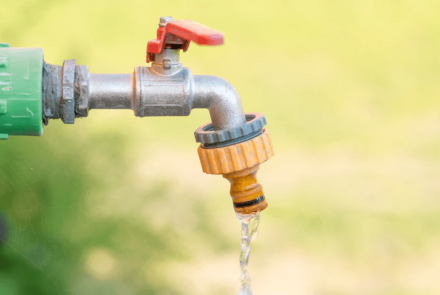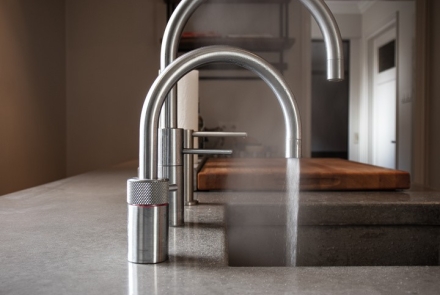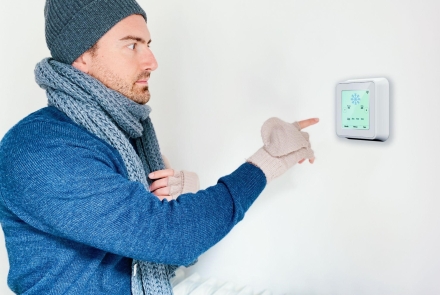If your water tastes off, leaves spots on your dishes, or causes your skin to feel dry, it might be time to consider a water treatment solution for your home. But what kind of system is best? The two most common solutions are water softeners and filters, but they serve different purposes.
Understanding the differences between a water softener and a water filter will help you choose the best option for your specific issues.
What Does a Water Softener Do?
Water softener treats hard water by removing minerals like calcium and magnesium through a process called ion exchange. This helps prevent scale buildup in your pipes, improves the effectiveness of soaps and detergents, and keeps your appliances running longer.
Pros of Water Softeners:
- Prevent scale buildup
- Reduce soap scum and mineral stains
- Protect plumbing and appliances
- Make skin and hair feel smoother
Cons of Water Softeners
- Doesn’t remove chemicals or contaminants
- Requires salt refills and maintenance
- May add a small amount of sodium to your water
What Does a Water Filter Do?
Water filters are designed to remove impurities and contaminants from your water. These can include chlorine, lead, pesticides, sediment, bacteria, and even bad tastes and odors.
Pros of Water Filters:
- Provides cleaner, better-tasting water
- Removes harmful contaminants
- Improves overall water quality
Cons of Water Filters:
- Doesn’t address hard water problems
- Requires filter changes
- Some systems have higher upfront costs
Types of Water Filters and Softeners
When deciding between a water softener vs water filter, it's helpful to understand the different types available. Not all systems work the same, and choosing the right one depends on your specific concerns.
Types of Water Softeners
Salt-Based Ion Exchange Softeners
- Most common option
- Uses salt to remove calcium and magnesium
- Ideal for homes with moderate to severe hard water
- Requires regular salt refills and maintenance
Salt-Free Water Softeners (Conditioners)
- Uses a crystallization process
- Neutralizes hard minerals instead of removing them
- Better for homeowners concerned about sodium in water or environmental impact
- Low-maintenance
- Less effective for very hard water
Dual-Tank Softeners
- Two resin tanks to provide continuous soft water, even during regeneration cycles
- Great for large households with high water usage
Magnetic or Electronic Descalers
- Uses magnetic fields or electric pulses to alter the behavior of minerals
- Easier to install, but offers mixed results
- Best for light hard water issues
Types of Water Filters
- Excellent for improving taste and odor
- Removes chlorine, VOCs, and some pesticides
- Often found in pitcher filters, faucet attachments, or whole-house systems
Reverse Osmosis Systems
- Multi-stage filters
- Removes heavy metals, nitrates, fluoride, and dissolved salts
- Ideal for drinking and cooking water
- Usually installed under the sink
UV Water Purifiers
- Use ultraviolet light to kill bacteria, viruses, and other pathogens
- A good option for well water or areas with biological contamination
Sediment Filters
- Traps dirt, sand, rust, and other particles
- Used as a pre-filter for other systems to prevent clogging and damage
Whole-House Water Filters
- Filters all water coming into the home
- Can be customized to target specific concerns like chlorine, sediment, or iron
Do I Need a Water Softener or Filter?
You may need a water softener if:
- You see white, chalky residue on fixtures.
- Your appliances are breaking down faster than expected.
- Your skin feels dry or itchy after bathing or showering.
- Your soap or detergent doesn’t lather well.
You may need a water filter if:
- Your water smells or tastes strange.
- You’re concerned about contaminants like lead or chlorine.
- You see visible sediment in your water.
- You want cleaner drinking and cooking water.
Can You Use Both Systems?
Many homeowners choose to install both a water softener and a filter to fully treat their water. Softening helps protect your plumbing and extend appliance life, while filtering ensures safe, clean water from every tap.
Using both systems gives you the best of both worlds, especially if your water quality has multiple issues.
Get the Right Water Treatment System From Robert Bair
Ensuring your home has the best quality water means getting the right water treatment system. Choosing between a water softener vs water filter doesn’t have to be complicated. It all comes down to understanding what’s in your water and what issue you want to fix.
Getting the right water filter or softener means making an appointment with a plumbing expert. The team at Robert Bair can help you determine which system is best or if your home would benefit from having both. We install various types of both water filtration systems and softeners, contact us for an appointment.

